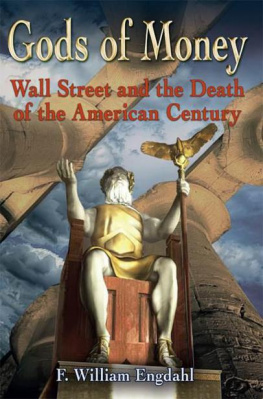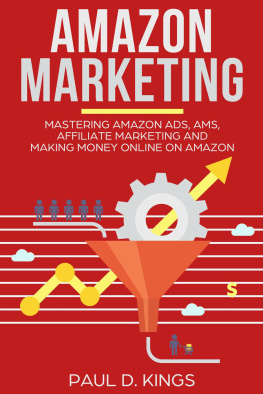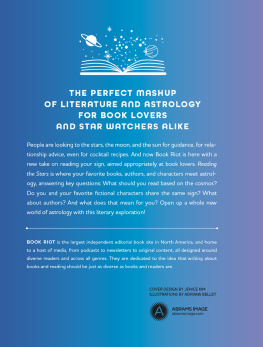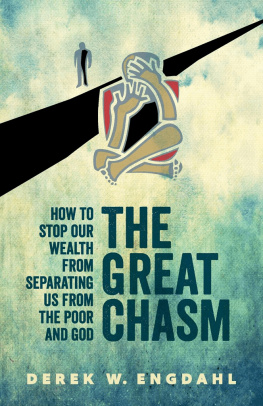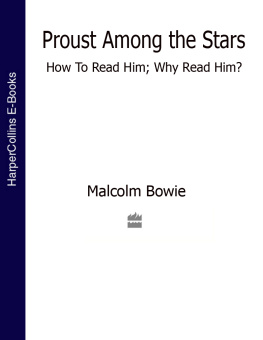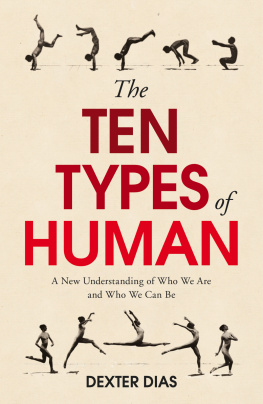Engdahl - Gods of money : Wall Street and the death of the American century
Here you can read online Engdahl - Gods of money : Wall Street and the death of the American century full text of the book (entire story) in english for free. Download pdf and epub, get meaning, cover and reviews about this ebook. City: Wa, year: 2009, publisher: BookSurge;edition engdahl, genre: Science. Description of the work, (preface) as well as reviews are available. Best literature library LitArk.com created for fans of good reading and offers a wide selection of genres:
Romance novel
Science fiction
Adventure
Detective
Science
History
Home and family
Prose
Art
Politics
Computer
Non-fiction
Religion
Business
Children
Humor
Choose a favorite category and find really read worthwhile books. Enjoy immersion in the world of imagination, feel the emotions of the characters or learn something new for yourself, make an fascinating discovery.
Gods of money : Wall Street and the death of the American century: summary, description and annotation
We offer to read an annotation, description, summary or preface (depends on what the author of the book "Gods of money : Wall Street and the death of the American century" wrote himself). If you haven't found the necessary information about the book — write in the comments, we will try to find it.
Awesome -- New Dawn Magazine
Warning - This Book May Cause Nightmares -- Afia
Engdahl Nails it Yet Again -- Thinker
a truly epic work -- Ila France Porcher, Author of The Shark Sessions
eye opening -- Amazon Customer
WOW and double WOW -- W. Palmer
I wish I had read this book 2 years ago -- Paul Majchrowicz
W.F. Engdahl does it again -- Rongbuk
Should be required reading in schools. -- NomadicLuxury
Excelent! -- Pablo
I would recommend it to anyone -- Stephen James Joyce
a must read -- Luc REYNAERT
eye opening -- Amazon Customer
Five Stars -- ThePrize
Engdahl doesnt produce less than a 5-star work. -- Dr. T
interesting book. -- ta
A great book. 5 Stars ! -- Ms.Beyonce
one of the authors best books. -- John Donohue
An important piece of the puzzle -- Financial Foghorn
This is a great book -- Book worm
this book is a must-read. -- Richard K. Moore
a very valuable contribution -- P. Lowe Jones
look to this book. -- Colin Quinn
This book explains it all. -- James D. Montgomery
I highly recommend this valuable new book. -- K. W. Tighe
This is no normal book on finance. It details the intimate synergies between American military power and the financial means of Wall Street and Washington to create the most extensive global empire since the fall of the British Empire a century ago. It traces the rise of America from the 1800s to the hegemonic global superpower on the ashes of the British Empire by the end of the Second World War.
Heres some of what you will learn:
+ How a cabal of international Wall Street bankers in violation of the US Constitution made a coup detat in 1913 to create the private Federal Reserve to finance World War I and the rise of what they would later call the American Century.
+ How the Rockefeller family emerged during the Great Depression as the most influential family shaping Americas destiny into and after World War II.
+ The real agenda of the American Century triumphantly proclaimed in 1941.
+ The real relation between Americas military industrial complex and Bretton Woods Dollar System
+ How Wall Street banks systematically lifted all restraints on their expansion that ended in the 2007 Sub-prime meltdown and 2008 global financial crisis.
The dollar financial system of Wall Street was born not at a conference in Bretton Woods New Hampshire in 1944. It was born in the first days of August, 1945 with the dropping of the atomic bomb on Hiroshima and Nagasaki. After that point the world was in no doubt who was the power to reckon with. This book is no ordinary book about money and finance. Rather it traces the history of money as an instrument of power; it traces the evolution of that power in the hands of a tiny elite that regards themselves as, quite literally, gods-The Gods of Money. How these gods abused their power and how they systematically set out to control the entire world is the subject.
Engdahl: author's other books
Who wrote Gods of money : Wall Street and the death of the American century? Find out the surname, the name of the author of the book and a list of all author's works by series.

